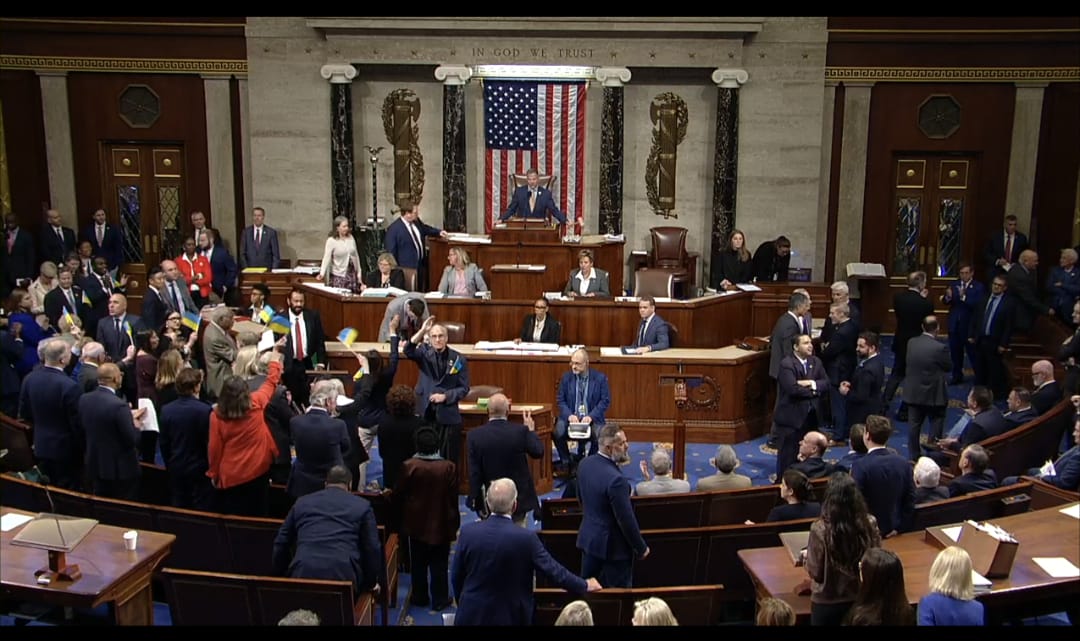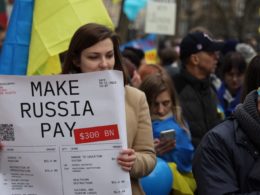US passes long-awaited Ukraine aid package. Here is what it containsWhen Russian invaded Ukraine in 2022, the G7 countries collectively froze over $300 billion in Russian foreign currency reserves. The passage of the REPO Act marks a significant step forward in the international community's efforts to support Ukraine's reconstruction and recovery in the wake of the ongoing war with Russia. The adopted bill No. 8038 on the use of frozen assets of the Russian Federation for Ukraine means that Russian money can start working for Ukraine soon. More importantly, this is the first example of the law that finally creates an effective mechanism for the confiscation of Russian assets in favor of Ukraine. Now, it will be even more difficult for Ukraine's European partners to refuse to do the same. The Act specifically targets the $6 billion in frozen Russian assets currently held in US banks, which form part of the larger $300 billion frozen by G7 countries, with the majority held in Germany, France, and Belgium. While the idea of confiscating Russian assets has been met with some criticism, with concerns raised about potential long-term impacts on the US dollar's status as the primary global reserve currency, proponents argue that the move sends a strong message to autocratic nations worldwide. Read also:
- EU aims to send €3bn annually for Ukraine from frozen Russian assets profit
- British foreign secretary proposes to loan all frozen Russian assets in UK to Ukraine
- Bloomberg: G7, EU discuss using $250 billion frozen Russian assets for Ukraine rebuild
- German prosecutors break new ground with request to seize Russian entity’s €720 million
- G7 nations lean towards seizing Russian assets
- Four reasons the West should finally seize Russia’s frozen assets for Ukraine




